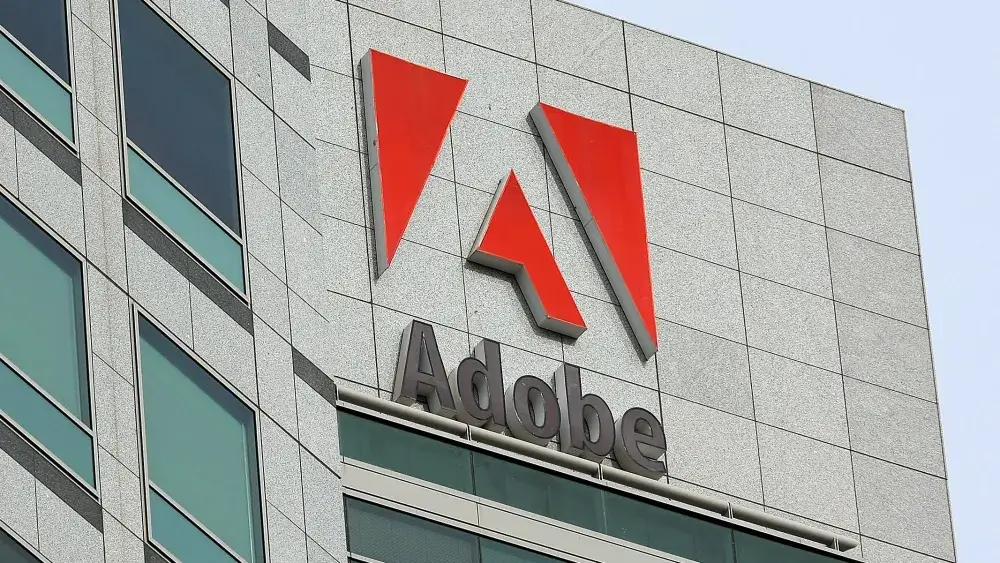After a prolonged period of awaiting clearance, Adobe has decided to abandon its ambitious $20 billion acquisition of Figma, a cloud-based designer platform. The withdrawal came as a result of insurmountable obstacles in obtaining antitrust approvals in Europe and the UK, halting what could have been one of the largest buyouts of a software startup.
This cash-and-stock deal, revealed in September of the previous year, faced intense scrutiny from regulatory bodies wary of Big Tech consolidations that might strengthen the dominance of major corporations or eliminate potential competitors in their early stages.
In the wake of the collapsed deal, Adobe is obligated to pay a termination fee of $1 billion to Figma, the San Francisco-based company known for its web-based collaborative design platform used by notable companies like Uber, Coinbase, and Zoom Video Communications.
The concerns voiced by both the European Union and the UK’s Competition and Markets Authority (CMA) centered on potential threats to competition and innovation. The CMA specifically highlighted fears of diminished innovation in software used by a large portion of the UK’s digital designers. Despite attempts by Adobe to address these concerns, their refusal to offer solutions led to the termination.
Adobe’s stance was rooted in its belief that it did not directly compete with Figma, asserting that its only product relevant to the antitrust question, Adobe XD, operated at a loss of $25 million as a standalone app over the past three years.
Shantanu Narayen, CEO of Adobe, expressed disagreement with the regulatory findings but emphasized the decision to move forward independently as being in the best interests of both companies.
The termination of this deal reflects the increasing scrutiny surrounding mergers and acquisitions, potentially impacting not only major tech players but also startups seeking opportunities. Analysts anticipate a ripple effect, predicting challenges for smaller tech companies in commanding advantageous exit premiums.
Figma’s acceptance of Adobe’s offer at twice its valuation showcased the significant bet on what was perceived as “the future of work.” However, investor apprehensions regarding the hefty price tag and concerns over potential margin erosion led to a staggering decrease of over $30 billion in Adobe’s market value upon the deal’s announcement.
Despite the deal falling through, it marked a significant victory for Figma’s venture capital supporters, including Index Ventures, Greylock Partners, and Kleiner Perkins.





